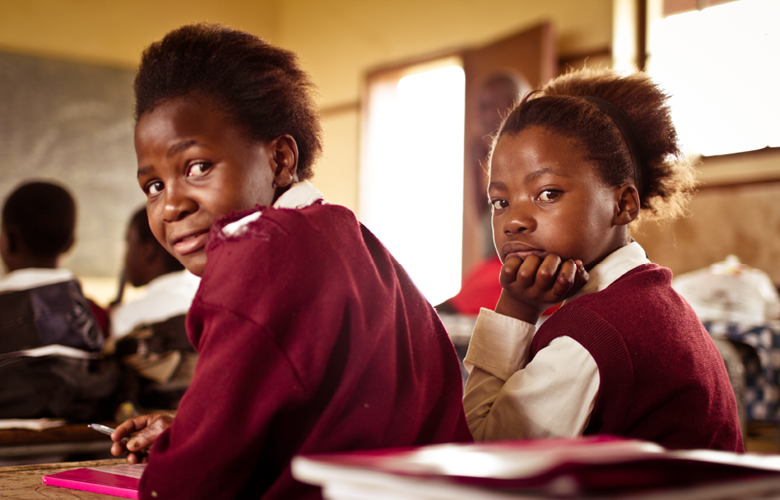
Mental health is foundational to helping people of all ages and backgrounds navigate and become resilient in the face of life’s traumas. Yet most of the world’s population lack access to trained counselors, psychologists, or mental health clinicians. Globally, 75% of people in low- and middle-income countries with mental, neurological, and substance use disorders receive no treatment for their condition.1
While those of us in richer nations can typically access mental health care when needed, countries with limited health care infrastructure and funding simply do not have the resources for a mental health workforce. For example, Haiti has only 147 mental health care providers for its population of 11 million,2 while the Democratic Republic of the Congo (DRC) has only 0.13 providers per 100,000 people.3
Yet these countries—where violence, crises, poverty, disease, and injustice are everyday occurrences—are the ones where mental health support is needed most. Where mental health care is absent, EDC is building coping skills, emotional and peer support, and resiliency that offers a critical lifeline.
In South Africa, EDC helps teenage girls navigate the challenges and risks of unwanted pregnancy, HIV, and sexual and gender-based violence. Our South Africa Sexuality Education and HIV Prevention Activity supports the South African government in turning schools into platforms to protect and strengthen girls. The activity provides comprehensive sexuality education, activities that address harmful gender norms and prevent violence, mentoring and support from teachers, and links for girls to health and social services. Girls receive the skills, emotional support, and resources they need to protect themselves, cope with challenges, and develop paths to happy, healthy futures.4
Evidence from EDC’s projects supporting HIV-affected households shows that psychosocial support was a critical determinant of families’ ability to build greater resilience in the face of emotional difficulties and problems. In the DRC, participants in our ELIKIA project (Enhancing Services & Linkages for Children Affected by HIV/AIDS) received regular psychosocial support from the project’s case managers, which participants stated was a key contributor to their self-confidence, hopefulness, and positive attitudes.5 According to them, this support led to a greater ability to consistently stay on treatment and provide better care for their children, as well as cope with the economic and emotional challenges of COVID-19.
Over the past year, I’ve worked closely with my EDC colleagues and more than 60 members of our global field staff to identify ways we can better support the social-emotional well-being and mental health of the people we serve. We’re being more intentional about incorporating these strategies into our work with communities, our projects, and our funding requests. Our values require that we take a stronger leadership role in advancing the global agenda on mental health. This is how we can come together to foster healthy, resilient students, parents, and communities.
| Alisha Keirstead is the director of EDC’s global health team, working in the areas of HIV, orphans and vulnerable children, adolescent health, and health promotion programming. |
1World Health Organization. (2020). World Mental Health Day: An opportunity to kick-start a massive scale-up in investment in mental health. https://www.who.int/news/item/27-08-2020-world-mental-health-day-an-opportunity-to-kick-start-a-massive-scale-up-in-investment-in-mental-health
2Obert, J. (2020). Haiti’s mental health needs rise yet again with COVID-19 trauma. The New Humanitarian. https://www.thenewhumanitarian.org/news/2020/07/17/Haiti-coronavirus-mental-health-earthquake-depression-anxiety-trauma-GBV
3World Health Organization. (2016). Global health observatory data repository: Human resources data by country. https://apps.who.int/gho/data/node.main.MHHR?lang=en
4Since 2016, EDC has reached more than 961,000 learners in secondary schools through the South Africa Sexuality Education and HIV Prevention Activity.
5At the project’s end in April 2021, ELIKIA had reached 34,888 HIV-affected children/adolescents and their caregivers.

Add new comment